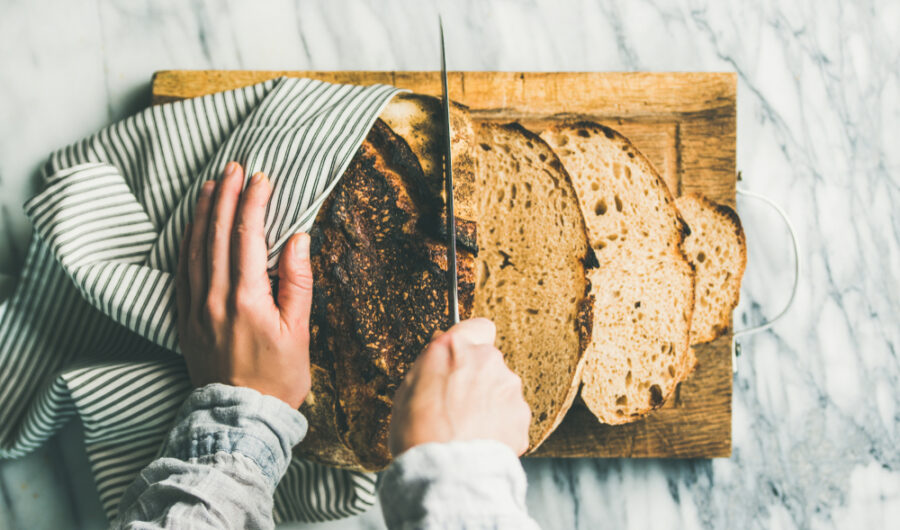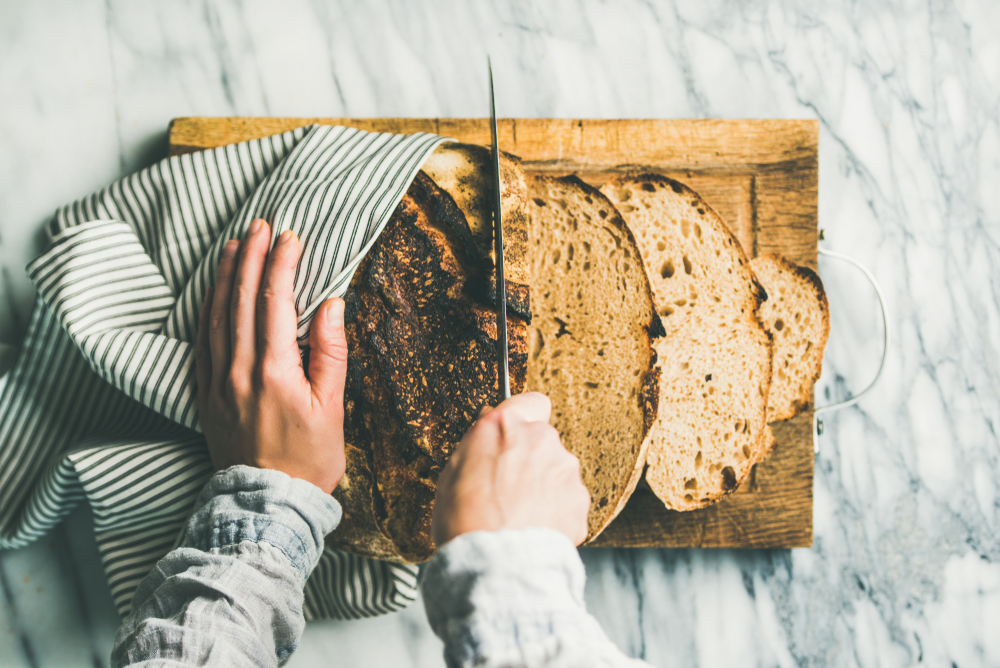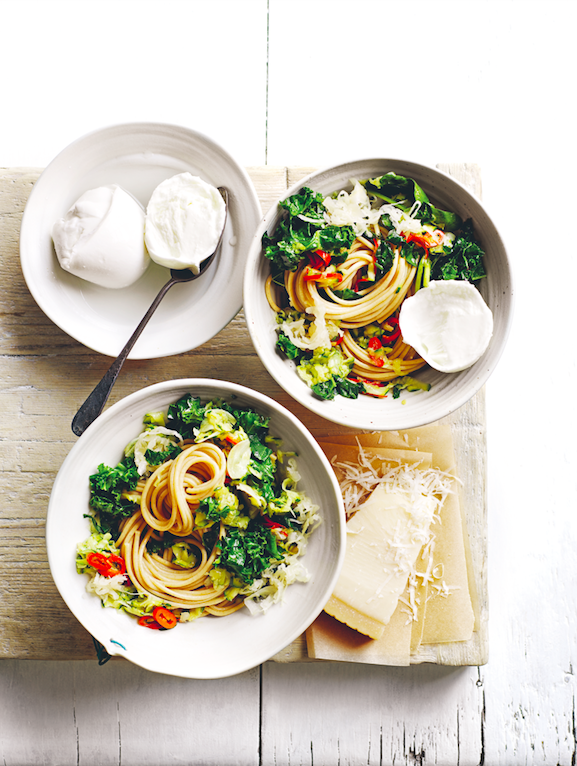It was the popular Atkins diet of the seventies that brought low-carb diets to heightened fame, taking the concept of carb-counting to the extreme by providing dieters with charts that listed the net carb value of every food they could lay their hands on. Yet despite often being shunned as unhealthy or unrealistic in the long-term, low-carb diets and Atkins, in particular, have stuck around in the dieting arena and are still often advocated for weight loss today. And so began a widespread misconception that carbs make you fat.
Below, leading nutritionist Rhiannon Lambert shares why we all need to stop carb shaming ourselves and learn to understand the necessary role they play in our diets.

WHEN CARBS GET COMPLEX
The view that all carbohydrates should be cut from someone’s diet is quite simply wrong— HOWEVER, there is a case for reducing refined carbs – the type that contain little nutrition for the body – as they’re purely a fast release of glucose and energy. These are typically white bread, pasta, white rice and processed food such as biscuits and crisps.
Try and opt for COMPLEX carbohydrates as they release energy slowly and are a valuable source of vitamins, minerals and fibre.
The media have messed with people’s heads, so I tell my clients to think about ‘grains’ rather than ‘carbs’, as it’s far simpler to understand.
THE TRUTH ABOUT CARBS
Not all carbs are created equal
Carbs are an important source of fuel for your brain and body. Good (complex/starchy) carbs are wholegrain pasta, quinoa, brown rice, sweet potatoes, wholegrain bread, oats and bulgur.
Carbs make you happy
Our brains use the glucose from carbohydrates as fuel. If you’ve ever been on a strict diet regime such as Atkins, you’ll know that it can be hard to concentrate and you often experience severe drops in mood. That’s because carbs play an important role in transporting tryptophan (key to creating serotonin, your happy hormone) to the brain.
They keep you balanced
Carbohydrates – especially complex or starchy ones such as sweet potatoes – are a good source of energy and fibre, which help your digestive system stay healthy and keep your blood sugar levels steady. Better still, they contain all sorts of micronutrients that help to release energy from food.
Cutting carbs is unsustainable
Although some people experience initial weight loss from a no-carbohydrate diet, most can’t maintain it.
Fad diets don’t work— a varied, balanced diet is the yardstick we should all be aiming for.
If you want to lose weight, look at portion control, a diet that’s tailored to your unique needs and upping your exercise (not just cardio, it’s important to incorporate resistance training to increase muscle mass) so that you’re burning off more calories than you eat. It’s that simple.
Rhiannon Lambert, registered nutritionist & author of The Science of Nutrition www.rhitrition.com
Need some inspo? Our favourite carb-loving recipes below…

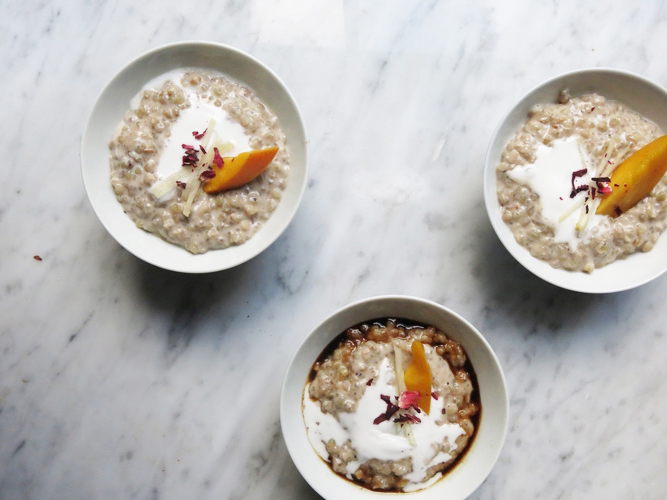
Coconut Miso Cardamom Porridge
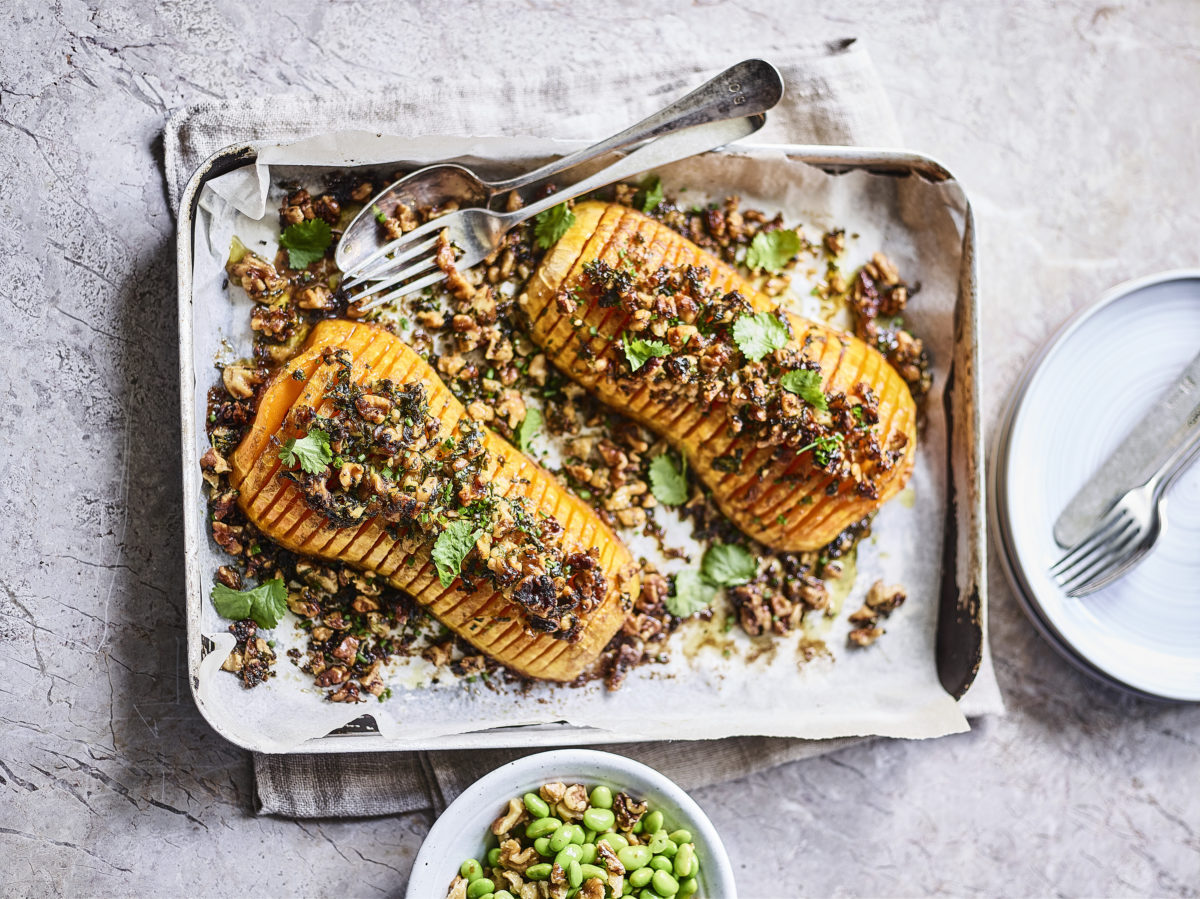
Hasselback Squash With Walnut Crumb
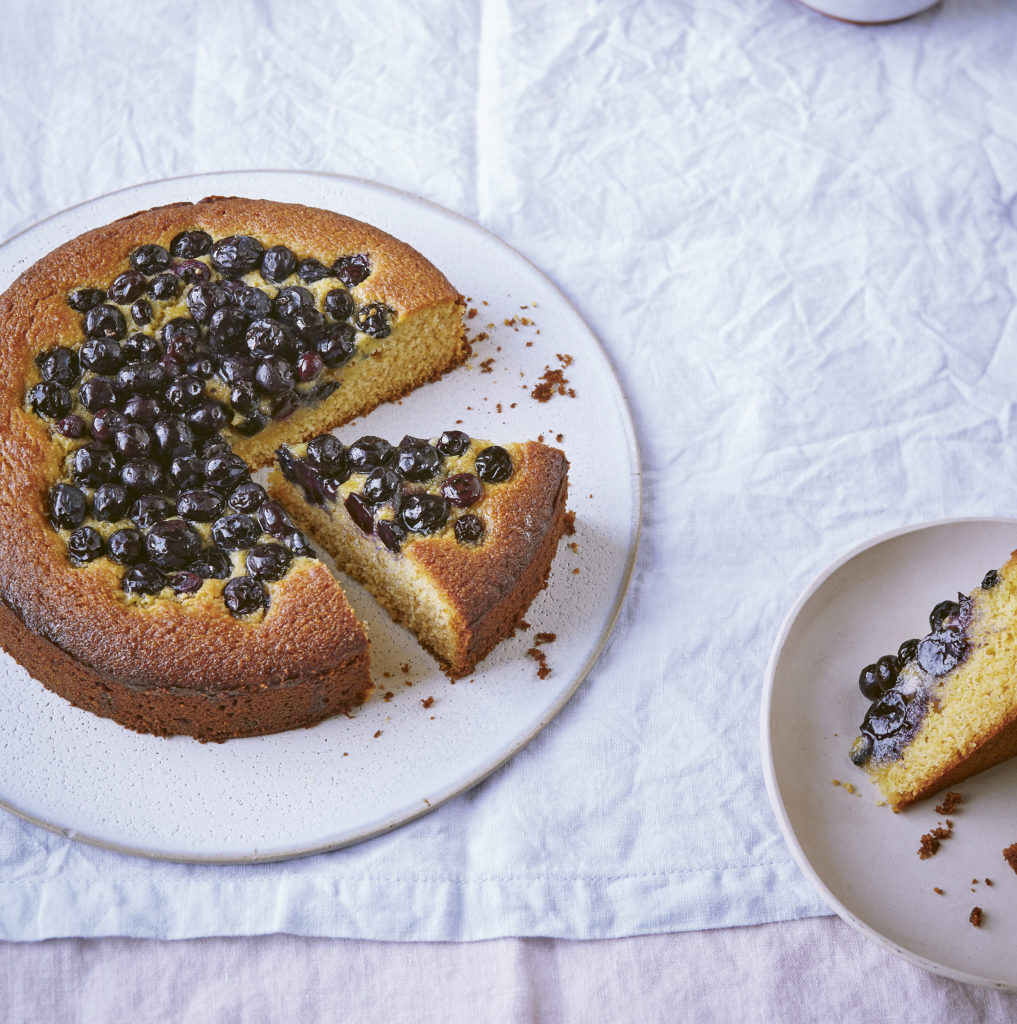
Blueberry & Honey Cornbread

